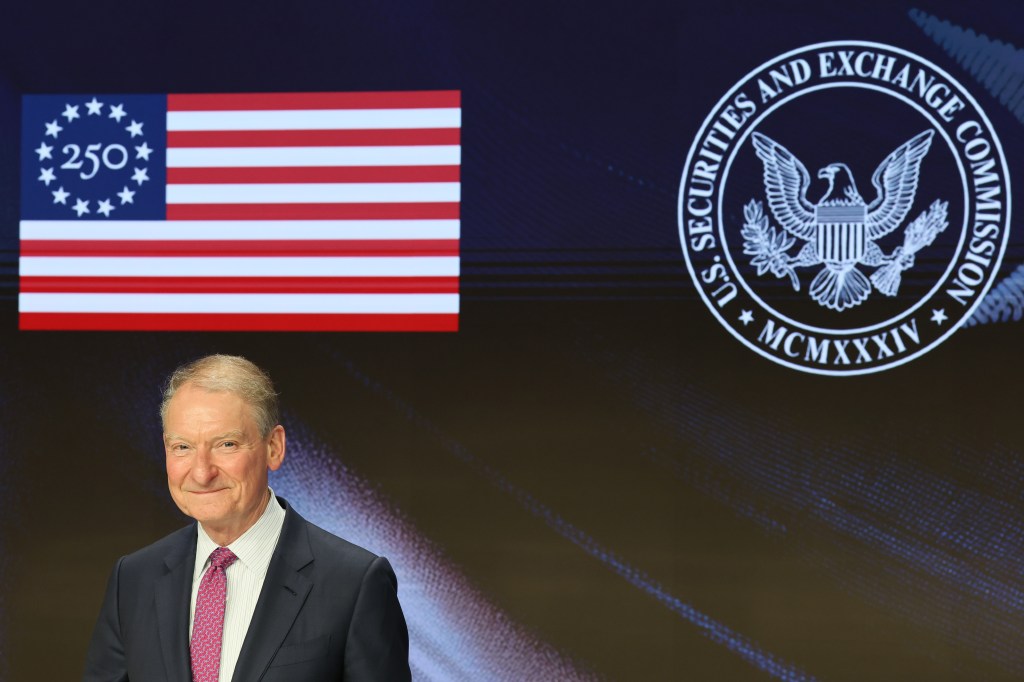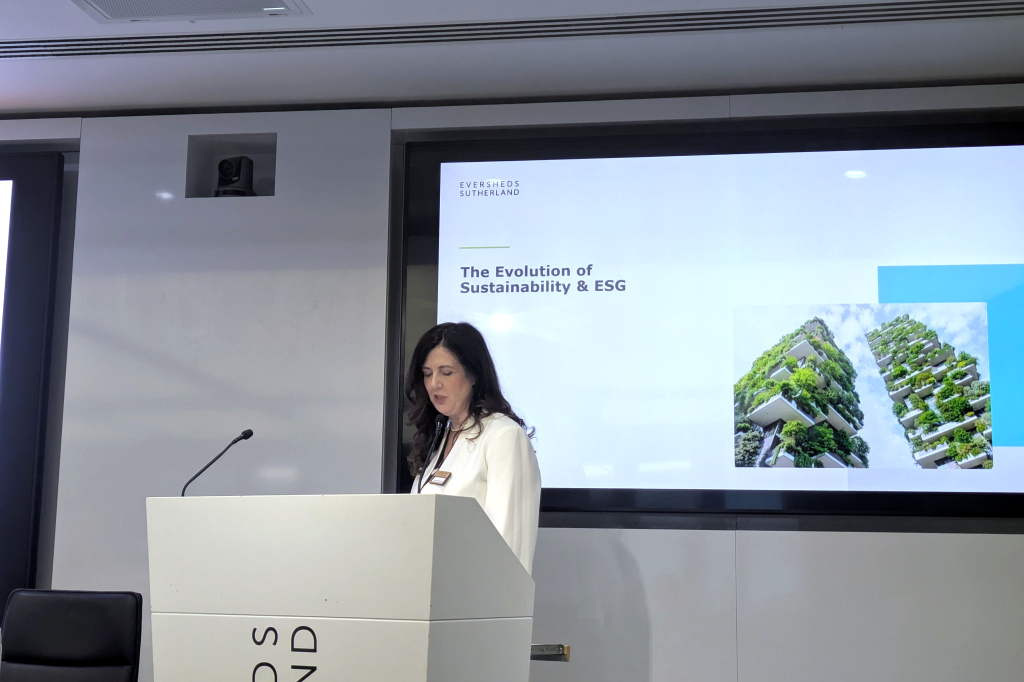The UK HM Treasury and FCA have released a (long-awaited) package of draft proposals furthering the creation of the UK’s legal and regulatory framework for cryptoassets.
On April 29, 2025, the UK government published a draft statutory instrument and policy note outlining a new regulatory regime aimed at fostering innovationdraft order
Register for free to keep reading
To continue reading this article and unlock full access to GRIP, register now. You’ll enjoy free access to all content until our subscription service launches in early 2026.
- Unlimited access to industry insights
- Stay on top of key rules and regulatory changes with our Rules Navigator
- Ad-free experience with no distractions
- Regular podcasts from trusted external experts
- Fresh compliance and regulatory content every day













